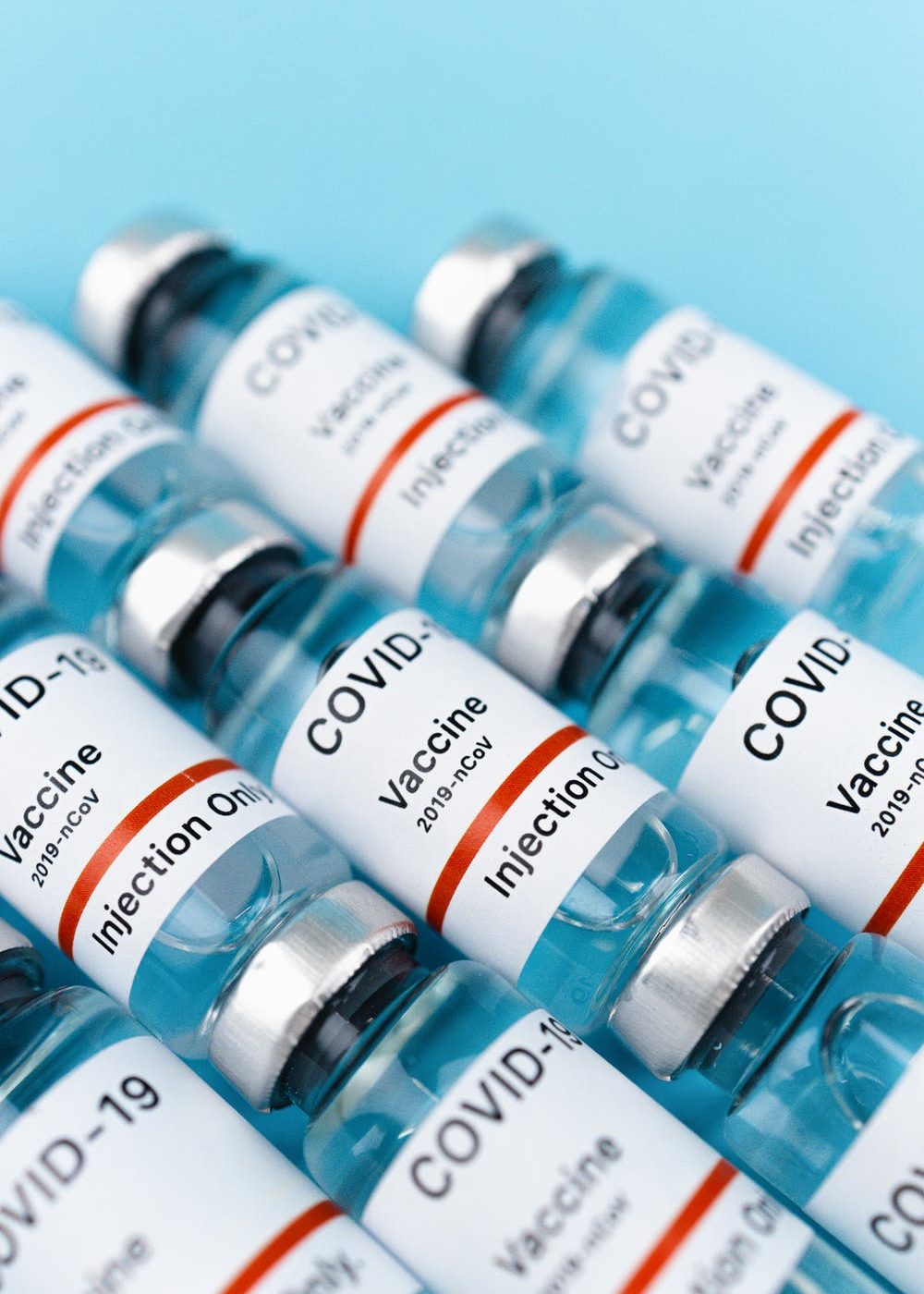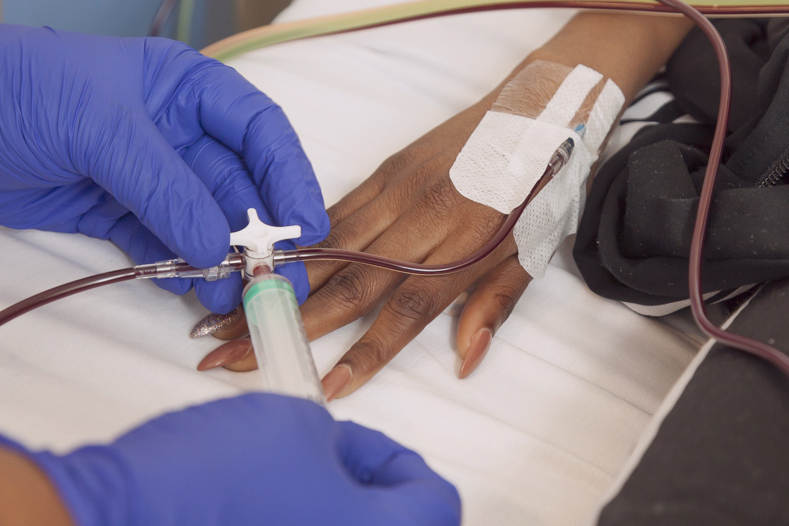
Enhanced immune response
A study of 51 UK healthcare workers showed that a single dose of Pfizer/BioNTech’s RNA vaccine resulted in a significantly enhanced immune response in those who had previously tested positive for Covid-19 compared to those who hadn’t had the virus.
Professor Rosemary Boyton, Professor of Immunology and Respiratory Medicine at Imperial College London, said:
“Our study shows that healthcare workers who had previously had Covid-19 made a much bigger antibody response to the first vaccine dose which effectively acted as a boost.”
Most approved Covid-19 vaccines, including the Pfizer and AstraZeneca vaccines currently being rolled out in the UK, rely on a two-dose approach – an initial primer, followed by a booster dose several weeks later.
Second booster is still recommended
While the findings add to the emerging picture of Covid-19 immunology, the researchers warn that they should not influence current vaccination policy in the UK or discourage patients from booking a second booster vaccination through the NHS Covid-19 vaccination programme.
However, the findings do have the potential to inform future vaccination strategies to include testing at the time of the first vaccination to enable the second, booster dose to be prioritised for people who have not had the virus.
Such an approach could accelerate vaccine roll-out by stretching vaccine supplies further.
The research, published in a letter by The Lancet, is a collaboration between researchers at Public Health England, Barts Health NHS Trust, Royal Free London NHS Foundation Trust, University College London, Queen Mary, University of London and Imperial College London – partners in the *COVIDsortium led by Professor James Moon and funded by Barts Charity.
‘Antibody responses to first vaccine dose in previously SARS-CoV-2 infected individuals’ by Manisty, C. et al. is published in The Lancet. (DOI: 10.1016/S0140-6736(21)00501-8)
*COVIDsortium: The Covid-19 Consortium is a longitudinal study of UK healthcare staff initiated in March 2020. The study aims to understand the immune response to COVID-19. Participating institutions include Barts Health NHS Trust, University College London, Queen Mary of University London, Royal Free London NHS Trust.




